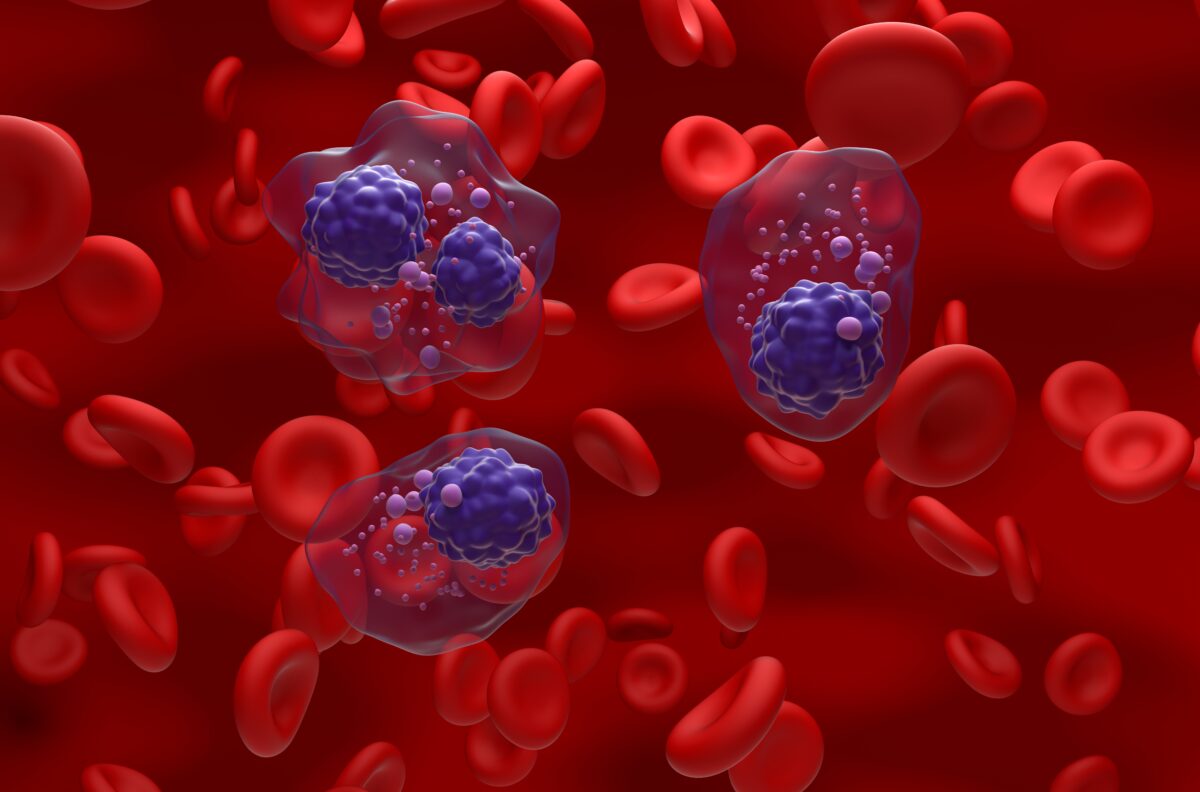The US Food and Drug Administration (FDA) has approved Itovebi (inavolisib) for the treatment of adults with hormone receptor-positive (HR-positive), human epidermal growth factor receptor 2 (HER2)-negative, locally advanced or metastatic breast cancer with a PIK3CA mutation. This approval addresses a significant need for patients with endocrine-resistant breast cancer, where disease progression remains a challenge.
The PIK3CA mutation, found in approximately 40 percent of HR-positive breast cancers, has been linked to poor prognosis. By targeting the mutated PIK3CA gene, Itovebi disrupts the PI3K signaling pathway, which plays a key role in cancer cell survival and growth.
This approval is based on the Phase III INAVO120 study, which assessed the drug’s efficacy when combined with palbociclib and fulvestrant. Patients in the study showed a significant improvement in the primary endpoint, progression-free survival (PFS) — the time before the disease worsens or the patient dies — with a median of 15 months in the Itovebi group compared to 7.3 months in the control group, reducing the risk of disease progression or death by 57 percent.
The INAVO120 study enrolled 325 patients with HR-positive, HER2-negative breast cancer, all of whom had disease progression following endocrine therapy. Secondary endpoints included overall survival (OS) and objective response rate (ORR), which measured the percentage of patients who experienced tumor shrinkage. Although OS data are still being collected, initial results indicate a positive trend.
In terms of safety, the most common side effects were hyperglycemia (high blood sugar), mouth sores and diarrhea, which were manageable with dose adjustments.
Genentech is conducting further studies (INAVO121 and INAVO122) to assess Itovebi’s efficacy in different breast cancer populations, aiming to expand treatment options for patients with PIK3CA-mutated breast cancer.
Additionally, the FDA approved FoundationOne Liquid CDx as a companion diagnostic, enabling early detection of PIK3CA mutations through a routine blood test to help identify patients most likely to benefit from Itovebi.
XTALKS WEBINAR: How Oncology Biotechs Can Achieve Always Audit Ready Clinical Operations
Live and On-Demand: Tuesday, November 26, 2024, at 1pm EST (10am PST)
Register for this free webinar to understand how oncology clinical research organizations (CROs) can help streamline audit processes and ensure continuous compliance with regulatory requirements.
Why Target PIK3CA Mutations?
PIK3CA mutations are a key driver of treatment resistance in HR-positive, HER2-negative breast cancer. This mutation activates the phosphoinositide 3-kinase (PI3K)/AKT/mechanistic target of rapamycin (mTOR) signaling pathway, which leads to uncontrolled cell growth and reduces the effectiveness of standard endocrine therapies.
Over time, these therapies, which block hormones like estrogen, become less effective, allowing the cancer to progress despite treatment. Targeting PIK3CA mutations is crucial because they create a mechanism that allows tumors to bypass hormone suppression.
While not the first FDA-approved therapy for PIK3CA-mutated, HR-positive, HER2-negative breast cancer — that distinction goes to Piqray (alpelisib), approved in 2019 for use with fulvestrant in similar cases — Itovebi’s approval introduces a potentially more effective therapy in this space. With its highly selective inhibition of the PI3K alpha isoform, Itovebi could offer a promising option to slow tumor progression.












Join or login to leave a comment
JOIN LOGIN